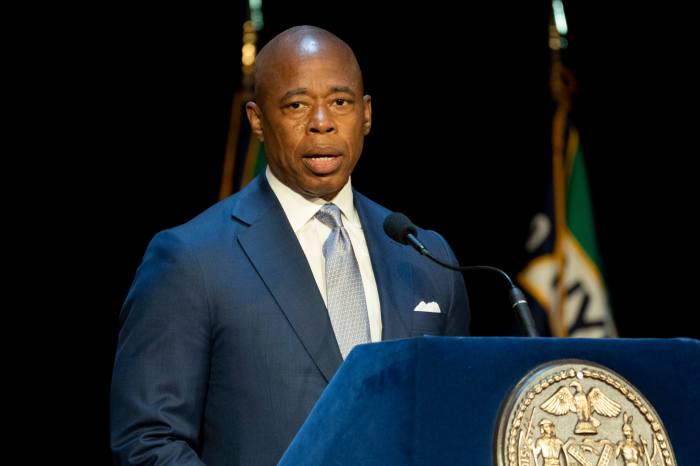OTTAWA – Canadians appear to be on a collision course with harsh reality when it comes to their increasingly unrealistic expectations for retiring early and comfortably.
As evidence mounts of underfunding in company pension plans, and rising household debt, a new survey conducted for TD Bank suggests Canadians haven’t adjusted their notions about retirement.
The survey of respondents spanning three generations shows on average Canadians want to retire at 61, and the younger they are, the earlier they want to retire. Those in the 25-30 age group actually expect to call it quits at 59.
The problem is that the survey also shows six in 10 Canadians have less than $100,000 in household assets, not counting any equity they may have in their homes. Sixteen per cent have no assets at all.
As well, 44 per cent of respondents reported they will have debt when they retire, and 13 per cent said their debt will be significant.
The latest data from Statistics Canada shows Canadians on average owe 153 per cent more than their annual disposable income, a record high, although about 70 per cent is mortgage debt.
Banks and other financial institutions use surveys on topics like retirement, the economy, investing and savings intentions to gauge consumer sentiments and promote their financial products and services.
Banks, insurers and wealth management companies profit from providing financial advice by charging fees to consumers and have long promoted the need for Canadians to put money into their RRSP accounts and use professional advisers to help manage retirement funds and other investments.
The TD poll of 1,006 also found that most Canadians expect their retirement years will be a time to relax and enjoy life, with only 15 per cent saying they want to work as long as they are healthy.
“Early retirement is only achievable if you take steps needed to get there,” said Cynthia Caskey, a portfolio manager with TD Waterhouse.
“(But) to ensure their golden years are actually golden, it is extremely important for Canadians to get an early start on saving for retirement.”
And for some Canadians, their dreams for early retirement may no longer be realistic.
“For some Canadians, it’s not going to be about choice, they will have to work past age 65 paying off debt or working longer to afford their retirement.”
Savings is key to retirement plans because only about four in 10 Canadians have a company pensions, and increasingly those plans are turning away from offering guaranteed benefits because of the weak economic backdrop.
Last year, the federal government backed off requests from some provinces and many pension activists to expand the Canadian Pension Plan, which offers defined benefits, opting instead for a new voluntary savings vehicle for workers at small firms.
Two new reports suggest existing company pension plans will be less lucrative when it comes times to collect.
The Mercer Pension Health Index released Thursday shows despite a rebound in stock markets in October, the solvency of most Canadian pension plans failed to improve in the fourth quarter due to a further drop in federal bond yields. The index is down 13 per cent on the year.
On Wednesday, pension consulting firm Towers Watson said the deteriorating health of Canadian pensions in 2011 is likely to convince more employers to shift burdens to employees this year and force an increase in retirement ages.
The company said that low interest rates and plunging stock markets weighed heavily on defined benefit pension plans. If pension plan values do not recover over the long term, retirees may face lower pensions and benefits, Towers Watson said.
















